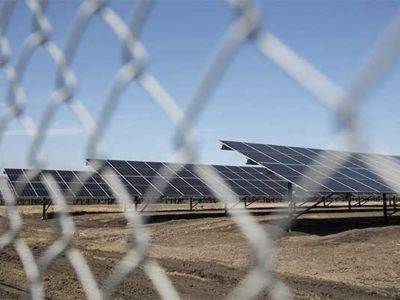According to a CBC report, Darcie Lanthier spent the winter helping customers across Prince Edward Island (P.E.I) navigate the popular solar rebate program. But in late February, she got news that stopped her cold: the province hit pause, leaving new applicants in limbo.
“We don’t know what to tell our customers,” said Lanthier, sales manager at a solar installation firm. “How many panels do we order? How many people do we keep employed?”
Efficiency P.E.I. halted new applications at the end of February, citing a need to reassess the rebate program, which had already handed out over $9.2 million across 979 installations. Since its inception, nearly 4,200 Islanders received rebates totalling over $9.2 million, each covering up to 40 per cent of installation costs, or $10,000 per project.
Environment Minister Gilles Arsenault said the program’s popularity prompted the pause to review financial sustainability and effectiveness. “We need to redefine eligibility and possibly incorporate battery storage incentives,” Arsenault told CBC News. Applications are expected to reopen by late summer.
But energy policy expert Louise Comeau from the University of New Brunswick warns that interruptions risk undermining public confidence. “Pausing could stall momentum just as renewable adoption is gaining pace,” she explained.
P.E.I.’s decision contrasts with broader Maritime efforts. Nova Scotia recently expanded solar incentives, while New Brunswick boosted funding for home energy retrofits, highlighting regional disparities in renewable energy support.
Lanthier finds the timing puzzling, especially as Maritime Electric seeks approval for substantial fossil-fuel-based investments. “We’re supposed to be moving toward renewables,” she said. “It’s frustrating to see mixed signals.”
For now, experts suggest homeowners use this pause to research costs and financing, preparing to apply swiftly once rebates resume.













Comments